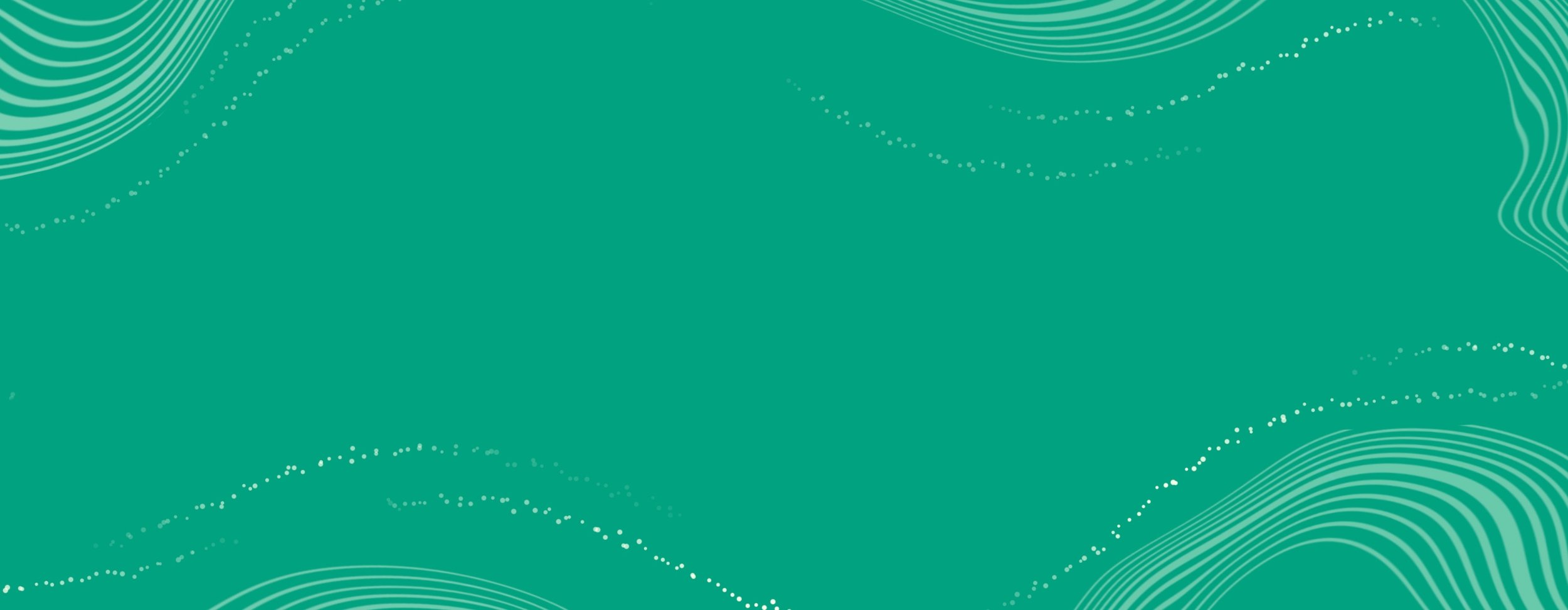
Practicing our (knowlege & tech) liberatory futures in the age of philanthropy
with With Anasuya Sengupta, élysse marcellin, and Cassie Denbow at Whose Knowledge?

From its inception tech has been tied to power & privilege and “knowledge supply” has been dominated & controlled by a few in the global north. They have decided what knowledge counts and who is recognized as a knowledge holder.
What might justice based tech and communications infrastructures look like? How do we think about knowledge reparations? How do we build infrastructures that are steward by us and hold our feminist values?
Resources & tools
Impact stories & examples:
The Repair Campaign is a social movement for reparatory justice in the Caribbean, guided by the CARICOM Reparations Commission.Genocide, chattel enslavement and colonialism inflicted deep and enduring damage on the people of the Caribbean, while providing significant financial benefits to the colonizers. Our goal is to amplify Caribbean voices calling for reparations and produce evidence-based Socioeconomic Reparatory Justice Plans
Maori group in New Zealand is developing software that is entirely stewarded by the Maoris
Given the diversity of language, groups in Pakistan, India and Bangladesh are exploring what accessibility would look like at the intersections of Language justice & disability justice
Pawanka Fund - Some partners are working on Indigenous People is language preservation which includes writing books and also having an App for learning. They’ve also physically and digitally located indigenous trees and sacred places.

“Tech infrastructure was not created to benefit & provide means of communication for the majority. It has always been built to favor and protect those in power and has a linear connection to colonialism, racism and capitalism. We must imagine & build sovereign feminist tech infrastructures and ways of stewardship of our knowledge”

